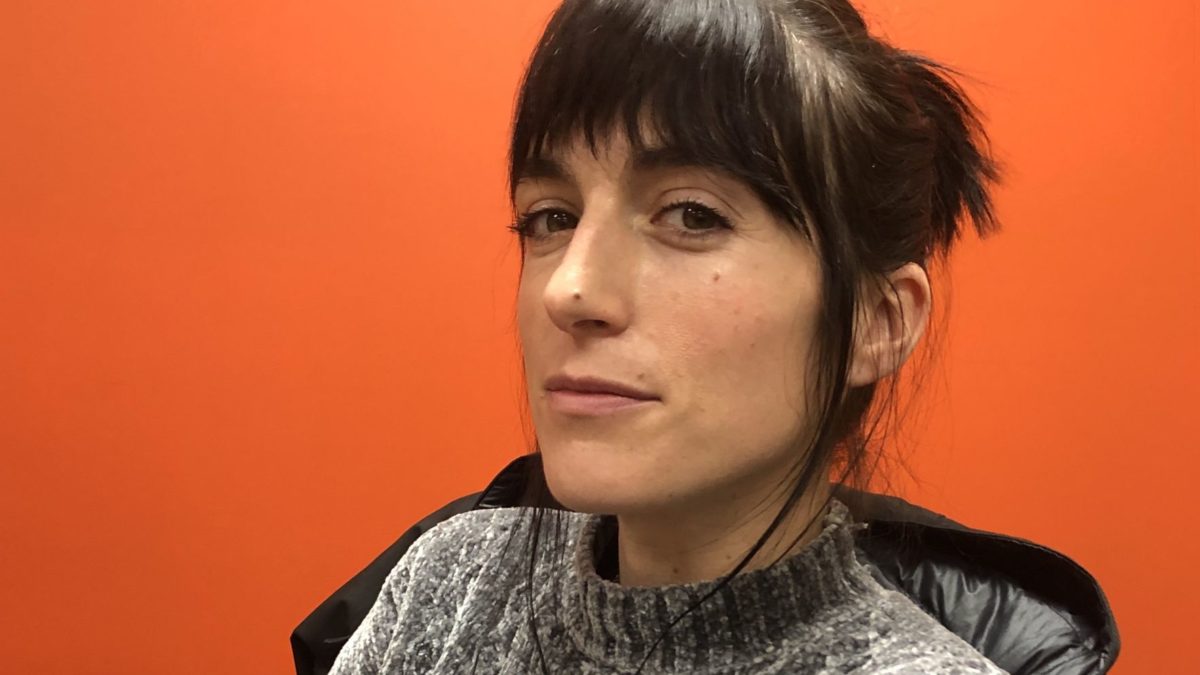Jeanette “Jen” Bowles has “respect and adoration” for Philadelphia, a feeling that makes her want to improve the lives of its residents — especially when it comes to those digging their way out of the opioid crisis. That is why she said she is thrilled to be heading up the nonprofit Safehouse, whose mission is to prevent overdose deaths.
With the backing of former Governor Ed Rendell and a robust board, including Prevention Point Philadelphia Director Jose Benitez as president and Philadelphia Aids Law Project Executive Director Ronda Goldfein as vice president, Safehouse appears ready to accomplish its mission.
Bowles, 36, who earned her doctorate at Drexel’s Dornsife School of Public Health, is optimistic about Safehouse’s future.
“My hopes for Safehouse are to improve the quality of life for persons who use drugs in the City of Philadelphia and all the community members in Philadelphia,” Bowles said. She aims for Safehouse to reduce the burden of overdose deaths and to increase access to needed drug treatment services and wraparound services.
Under the auspices of Safehouse — which is privately funded through individuals and foundations — could Philadelphia become the first city in the country to open a safer consumption room for users to inject drugs under the watchful eye of medical personnel and to receive links to treatment if and when ready, despite widespread opposition? “Yes, absolutely,” Bowles said. “It’s a model that’s been shown to work worldwide, and so we have strong reason to believe that we can model that here and have similar results.”
Rendell compares the incorporation of Safehouse to 26 years ago with the inception of Prevention Point, one of the largest needle exchanges in the country that also offers medical treatment, a Suboxone clinic, an HIV/AIDS clinic and many other services to drug users.
“Prevention Point is illegal,” Rendell said. “It is distributing narcotics paraphernalia in violation of state and federal law. Back in 1992, the state health commissioner called and said they were going to arrest people at Prevention Point. I said, ‘Don’t arrest them. Arrest me!’ Well, no one was arrested.”
Now the U.S. Attorney’s Office is threatening to shut down any supervised injection facilities that try to open – and Rendell said with a chuckle that he had “reiterated his offer” to be the first person put behind bars. He doesn’t think it will happen. “We’re just saving lives,” Rendell said.
In case the U.S. Attorney does take action against Safehouse, the board has convened a team that includes lawyers from the Aids Law Project, federal appellate lawyers, criminal defense lawyers, a constitutional law scholar and a lawyer who served at the U.S. Department of Justice for more than 20 years, according to Goldfein.
“What drives me is kind of the same thing that drives me at the Aids Law Project,” Goldfein said about her work on Safehouse. “If we look at the universe of jobs, not every job gives you the opportunity to change the quality of somebody’s life.”
President of the board, Benitez agreed.
“We’re faced with 1,200 people dying in 2017, a little over 900 people dying the year before that, 600 the year before that,” he said. “When you have this and it’s four times the murder rate, it requires a response morally. We can have debates about whether or not people should be allowed to use, but while we’re talking about that, people are dying, and they’re dying on our streets… The reality is that it demands a moral response from us, and that’s what we’re standing up to do.”
Bowles served on the Mayor’s Opioid Task Force Harm Reduction and Overdose Prevention Subcommittee. Her Drexel dissertation examined factors that were contributing to overdose occurrence and the distribution of naloxone to community members to facilitate overdose reversals. After earning her doctorate, Bowles continued doing drug research at the University of California at San Diego. After a year-and-a-half away, she said she is glad to return to Philadelphia to continue to combat the opioid crisis.
__
“My hopes for Safehouse are to improve the quality of life for persons who use drugs in the City of Philadelphia and all the community members in Philadelphia.”
– Jeanette Bowles, founder of Safehouse
__
If Safehouse is successful at starting a supervised injection facility, it will be partly due to the help of a team at the University of Pennsylvania that is collecting data and mapping overdose rates in different parts of the city. The data is not yet available.
“The concentration of fatal overdoses throughout Philadelphia have been in Kensington,” Bowles noted. “That doesn’t mean that it’s a guarantee that that’s where we’ll be sited…We’re working actively with our academic partners on assessing where the best location is going to be. But Kensington has certainly been hit hard by fatal overdoses.”
The location has yet to be determined, but Bowles, Benitez and Goldfein agreed that if all goes well with results then more facilities will need to be opened.
“One location is definitely not enough, but we want to be realistic,” Goldfein said. “So we think that we’d like to start with one location, show the community that it is a life-saving event, facilitate people to get into treatment, and then build on that success to have alternative locations for this important public health initiative.”
TWITTER: @CHARRISBOND





